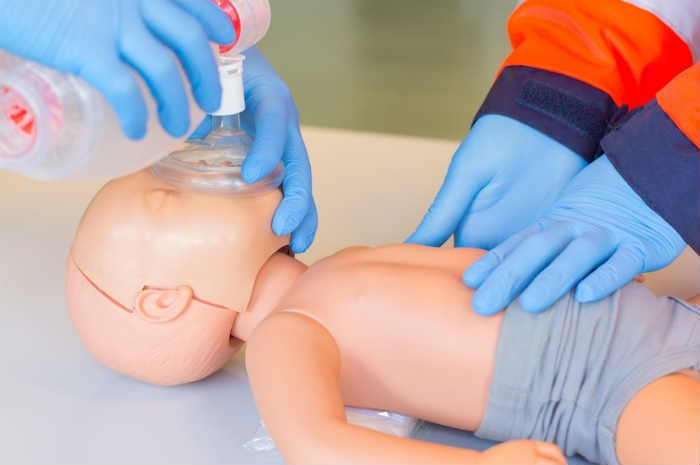
Understanding Traumatic Dissociation in Cardiopulmonary Resuscitation
Emotional Management During Resuscitation: A Crucial Aspect for Operators and Rescuers
A Different Perspective on Cardiopulmonary Resuscitation
Cardiopulmonary resuscitation (CPR) is a vital skill for emergency workers and lay rescuers. However, Marco Squicciarini, BLSD Training Coordinating Physician at the Ministry of Health and BLSD Instructor Trainer since 2004, highlights an aspect often overlooked in training courses: the traumatic dissociation that can occur during an emergency response.
CPR and Mental Dynamics
It is critical to understand the mental and emotional reactions that can emerge during a resuscitation attempt. Not everyone reacts in the same way, and some may find it difficult to intervene properly because of strong emotions. Understanding these dynamics is essential to dealing with the situation effectively.
Practice vs. Emotionality
Basic Life Support and Defibrillation (BLSD) courses teach practical skills to manage a cardiac arrest, but often do not prepare participants for the emotional and psychological aspect of the experience. Training on dummies in a controlled environment cannot fully replicate the chaos and stress of a real situation.
Pediatric CPR: Additional Emotionality
In pediatric resuscitation, the emotional component takes on even greater importance. Parents and rescuers can experience intense emotional pressure, making the need for training that includes stress and emotion management even more critical.
The Reality Other Than Training
Squicciarini recalls his first out-of-hospital cardiac arrest experience, emphasizing how reality differs from simulation. He was faced with an experience in which intense emotions such as stupor can greatly affect the ability to intervene.
Being Overwhelmed or Taking Action? Quality Training to Reduce Stress
Some people may become paralyzed, while others keep calm and act effectively. It is crucial to recognize and prepare to manage these emotional reactions. A quality BLSD course can help reduce stress and improve operational performance, training that goes beyond just technical skills to include emotional and psychological preparedness.
Preparing for Reality
One must consider all aspects of resuscitation, not just the technical ones. Preparing for the reality of the situation, with all its emotional and psychological challenges, is critical for every emergency worker and rescuer. This awareness can significantly increase the likelihood of success in life-or-death situations.


